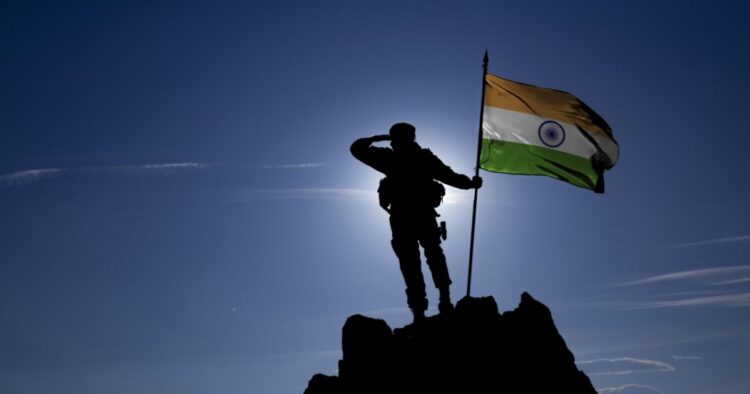KEY POINTS
- India has a chance to rise amid global chaos
- India balances global powers, becoming a key player
- Addressing internal issues will help India reclaim its strength
In today’s fast-changing world, many powerful countries are facing confusion and chaos. Trade wars, political changes, and economic struggles are forcing them to rethink their positions. But in the middle of all this uncertainty, India has a rare and valuable chance to rise strongly and silently, guided by the ancient wisdom of Chanakya.
Since the time Donald Trump became the US President, the world has seen major changes. The systems and beliefs that controlled the global economy and politics for almost 80 years have begun to break down. America no longer wants to be the “world’s policeman.” It is now returning to an older model, where a few great empires dominate, each with smaller allies or “vassals” around them.
Maintaining global control has become too expensive for the USA. It has entered a phase similar to ancient empires like the British or the Chinese Ming dynasty, where every part of the country, from the military to the economy, works together under a war-like strategy. This is a multipolar world now, where no single country can call the shots alone.
Today, there are five main empires: the USA, China, Russia, Europe, and India. Each one controls its region and interacts with the others in complex ways. While the USA and China are direct rivals, the others are playing smart, creating smaller partnerships like Quad, BRICS, and I2U2 to manage their interests.
In this setup, India is not seen as a threat by anyone. This is good. India is flying under the radar, and that is a golden opportunity. As global powers focus on their own problems, India has the chance to quietly strengthen itself, fix its internal issues, and prepare for a bigger role.
India as the “Swing State”
India is now in a powerful position. To the USA, it is the best counter to China. To China, it brings peace to Asia. To Europe, it offers trade options. And to Russia, it provides economic cooperation. India is becoming the second-best choice for all four major empires, and that is a huge advantage.
During global crises like COVID-19 and the Ukraine war, India stayed calm and balanced. Under the leadership of the NDA government for the past 11 years, India has shown patience and maturity in handling its economy, foreign relations, and culture. This careful approach is now paying off.
India must now use this quiet time to solve deeper, long-standing issues, especially those linked to Partition and civilizational identity. There are 615 million Muslims living in India, Pakistan, and Bangladesh, and their views often differ from the Hindu majority. Ignoring this reality means avoiding the dream of creating a Hindu Rashtra and a Dharmic Constitution.
We must admit and address this internal difference to build unity. It is time for India to reconnect with its historical and geographical identity, known as Bhāratavarsha, a land that stretches from the mountains to the sea, from Kandahar to Mandalay. This idea is not based on religion, but on geography and civilizational bonds that go back thousands of years.
In the past, India had to be careful while dealing with neighbours like Nepal, Myanmar, or even parts of Pakistan. But today, with shifting global power, India can afford to be bold. China is too busy with its own problems—Taiwan, Tibet, East Turkestan. The USA, under Trump-style policies, no longer wants to interfere much in India’s backyard.
India does not need to fight big wars. Like Sun Tzu said, the best win is one that happens without fighting. If India handles its neighbours wisely, especially Pakistan, the country may begin to fall apart from the inside. At that point, the world powers will rush to make deals with India, accepting its position as the true gateway to Central Asia.
This would mark a civilizational comeback for India, not just as a country, but as a cultural and spiritual superpower. As the Vishnu Purana says, “Uttaram yat samudrasya, Himadreshchaiva dakshinam, varsham tad Bharatam nama…”, Bharat is defined by its geography and history, not just by politics or religion.
Today, India is strong enough to make real changes. The world is distracted, and India is finally free to decide its path. If the current leadership shows wisdom, courage, and timing, then this era will be remembered as the moment when India truly became Bharat again.

















Comments